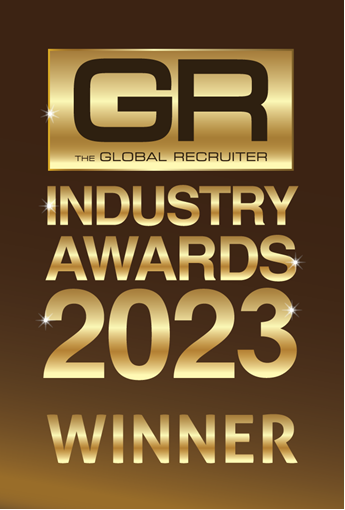5 Tips for Managers to Maximize Interviews and Secure the Best Talent

Businesses are currently battling a candidate-driven jobs market when searching for talent. There are more jobs than job seekers, so it’s more important than ever for managers and HR professionals to ensure they’re maximizing interviews to secure the best talent. And with unemployment rates lowering to 3.7% in Q1 2022, the lowest rate since 1974, but a recession on the horizon now, is the time for businesses to ensure they’re streamlining their hiring processes to ensure they secure the best talent going into unfavorable economic conditions. Below, we outline five top tips for businesses to make the most out of the hiring process.
1. Don’t get stuck on the must-haves
It is highly unlikely jobseekers will have every skill and level of experience desired for a job role, so it’s important to remain flexible when reviewing candidates. Having two different lists of candidate requirements on the job advert, one for ‘essential skills’ and another for ‘desirable skills’, ensures the best talent isn’t intimidated out of applying due to a lengthy job requirement list where they may not meet every criterion. It’s important to remember although a professional may not have the level of experience desired, their key skills may be useful within their role and will allow them to be trained to the level required – so keep an open mind.
2. Take time to prepare
As much as the candidate needs to prepare for an interview, it’s also important when hiring to go into the conversation with all the facts. Ensure before the interview you have reviewed the candidate’s CV and any other documentation they may have provided to get a well-rounded view of their experience before you meet them in person. It’s also a good idea to look at their LinkedIn profile to see if they have been active in any recent discussions that you may wish to bring up in the interview. This will allow you to really get a feel for their personality and how they will integrate into the culture of your business.
3. Plan out the interview
It’s a good idea to plan questions prior to the interview. This ensures the right questions are being asked, allowing you to find out everything essential you need to know about the candidate. To make things fair, it’s important you use the same questions for each person you interview.
Additionally, planning the interview in advance will help get the information you need quickly, saving time and resources, and reducing the need for second interviews and follow-up calls. Being as efficient as possible and cutting out unnecessary stages in the recruitment process can be a make or break when securing talent in the current market. It’s also important to factor in a relevant task that a professional may be required to complete to ensure the interview process gets a well-rounded view of the candidate and their suitability for the role – this may need to be done at a second interview, and similarly to the questions, to keep things fair the same task should be given to all candidates. Also, think about your interview panel – having a diverse panel can help to ensure you are limiting unconscious biases from the process.
4. Allow time for questions
Once you’ve asked all the questions you want to be answered, it may feel as though the interview is now complete. However, not allowing the interviewee to ask questions can mean essential pieces of information slip through the cracks. Not only will the questions asked by the interviewee give you a feel for their level of interest in the role and business, but it will also allow you to gain an understanding from the candidate’s point of view, meaning you can streamline your hiring process by providing the correct information and asking the right questions in the future.
5. Don’t hang around
Because of the candidate-driven market, it’s important to act quickly if you are interested in a candidate! While you need to take the time and consider if someone is the best match for your business, as the market is moving so quickly, talent is being snapped up fast, so consider if there are ways your hiring process can be streamlined to reduce the time taken to offer a job. If you’re taking the time to discuss a potential hire with every member of your team, the candidate may have already taken another offer, so always communicate your interest in a timely fashion. This could involve setting a transparent timeframe that you will give the candidate feedback, as this may make them more likely to wait before accepting another offer.
By Claire Harvey, Managing Director of UK Network, Reed.
Source